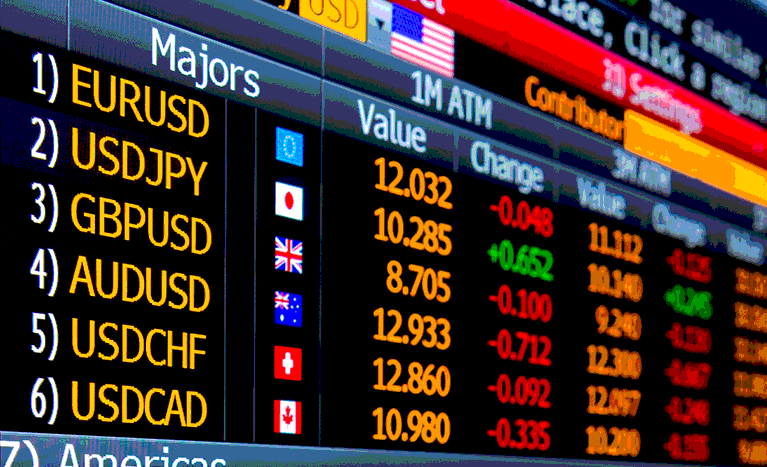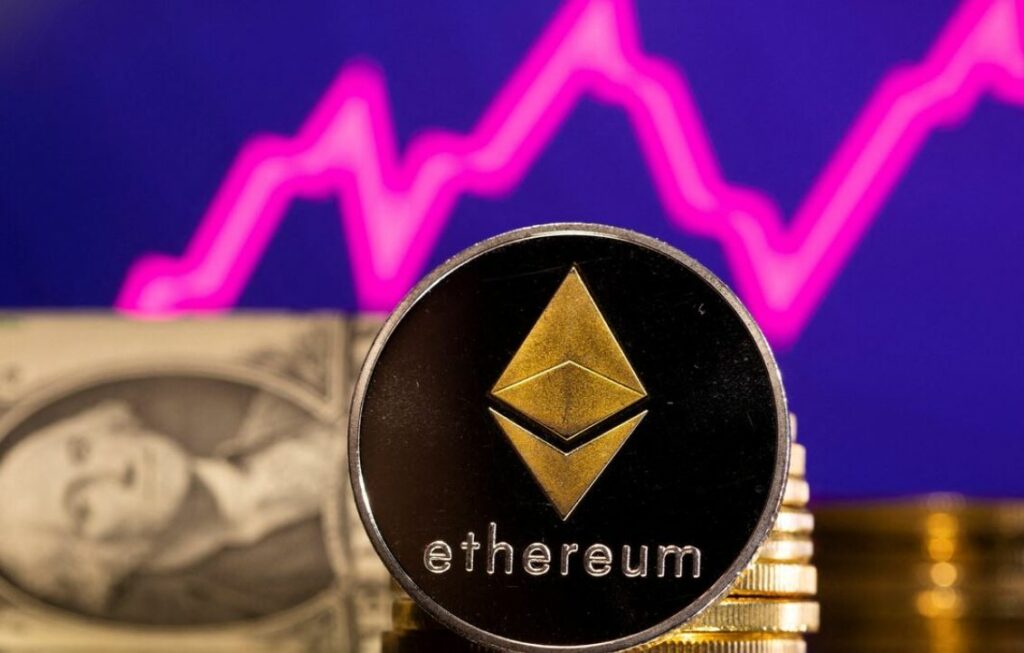
Ever wondered how ethics influences your trading decisions?
Let’s dive into this crucial topic. Veltrix AI provides access to educational experts who help traders navigate the ethical dimensions of currency trading effectively.
Regulatory Frameworks and Compliance
Navigating currency trading means dealing with various regulations. It’s crucial to know the rules set by global regulatory bodies. These bodies make sure trading is fair and transparent. For example, the Financial Conduct Authority (FCA) in the UK and the Commodity Futures Trading Commission (CFTC) in the US are major players.
They create rules to protect traders and keep the market stable.
Compliance isn’t just about following rules. It’s about building trust. Traders need to show they are honest and transparent. This involves regular audits and reports. It also means being aware of changes in regulations. For instance, the European Union’s MiFID II directive has impacted trading practices, making it essential for traders to adapt.
Ignoring compliance can lead to severe penalties. Companies might face hefty fines or even be banned from trading. On a personal level, traders can lose their licenses. This can ruin careers. So, it’s vital to stay updated on regulations and ensure all trading activities comply with them.
Imagine a trader caught off guard by a new regulation. It’s like driving without knowing the speed limit. Suddenly, you see flashing lights behind you. You don’t want that in trading. Staying informed is like keeping an eye on the speedometer.
Transparency and Fairness in the Market
Transparency and fairness are the cornerstones of a healthy trading environment. Imagine playing a game where the rules keep changing. Frustrating, right? That’s how traders feel in a market lacking transparency. Clear and consistent rules help everyone play fair.
Market manipulation is a big issue. It involves unfair practices like spreading false information or executing trades to influence prices. These actions hurt the market’s integrity. Regulators work hard to prevent such manipulations. They monitor trading activities and impose penalties on wrongdoers.
Consider a scenario where a trader spreads false rumors to manipulate the market. It’s like someone starting a false fire alarm to cause chaos. The market, like people in a building, reacts with panic. This is why strict rules and penalties are essential.
Transparency also means having access to accurate information. Traders rely on data to make decisions. If the information is misleading or incomplete, it can lead to poor decisions. Providing clear and accurate information helps traders trust the market and make informed choices.
Insider Trading and Confidentiality
Insider trading is like knowing the plot twist of a movie before others. It involves using non-public information to gain an advantage in trading. This is not just unfair but also illegal. For example, if a trader knows about a company’s financial results before they are public and trades based on that, it’s insider trading.
This practice undermines trust in the market.
Laws against insider trading are strict. Regulators monitor trading activities to catch suspicious behavior. Penalties for insider trading are severe, including hefty fines and imprisonment. It’s a serious offense that can damage reputations and careers.
Think of a situation where an employee overhears confidential information about a merger. Using that info for personal gain is like cheating in an exam. It’s not just wrong but also punishable.
Confidentiality is crucial in trading. Traders often handle sensitive information. Maintaining confidentiality ensures this information is not misused. This includes safeguarding client details, trading strategies, and financial reports. Breaching confidentiality can lead to a loss of trust and legal consequences.
To uphold these standards, companies implement strict policies. Employees undergo regular training on confidentiality and ethical trading. They learn about the dos and don’ts, ensuring they understand the importance of integrity. This helps in creating a culture of trust and fairness.
Conflicts of Interest
Conflicts of interest arise when personal gains clash with professional duties. Imagine a referee who is also a player. How fair would the game be? Similarly, in trading, conflicts can compromise decisions and harm the market.
These conflicts can occur in various forms. For instance, a trader might prioritize personal investments over client interests. Or, a firm might push products that benefit them more than the clients. Such practices erode trust and can lead to legal issues.
Consider a scenario where a financial advisor suggests a product that offers them a higher commission but isn’t the best for the client. It’s like a doctor prescribing a drug for personal gain rather than patient health.
Identifying conflicts is the first step. Firms need to be vigilant and create systems to detect and manage these situations. This includes clear policies and regular training for employees. Encouraging transparency and open communication can help in addressing potential conflicts early.
Managing conflicts effectively builds trust. Clients and stakeholders feel more confident when they know their interests are a priority. It also ensures that decisions are made based on merit, not personal gain. By fostering an ethical environment, firms can enhance their reputation and contribute to a fairer market.
Conclusion
Ethical trading practices are the bedrock of a trustworthy and stable currency market. Adhering to regulations, ensuring transparency, and managing conflicts of interest are vital. Ready to trade ethically? Remember, your actions not only affect your profits but also the market’s integrity.
Stay informed, stay ethical, and let’s build a fair trading environment together.








